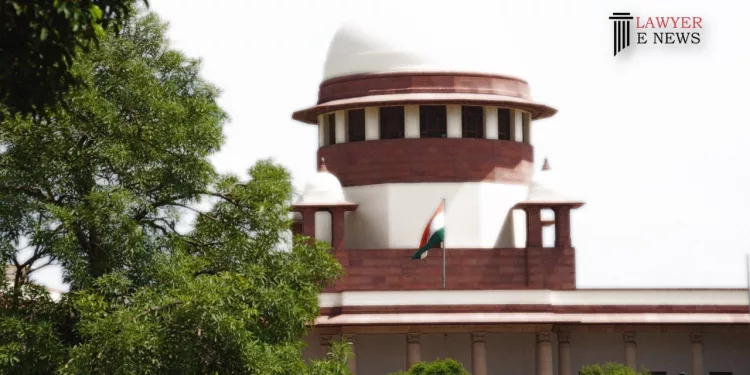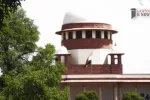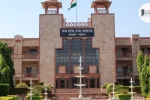Supreme Court Declares Section 6A of DSPE Act “Void Ab Initio”, Affirms Retrospective Application

In a landmark ruling that marks a significant shift in the judicial landscape, the Supreme Court of India today delivered a historic judgment declaring Section 6A of the Delhi Special Police Establishment Act, 1946 (DSPE Act), unconstitutional and void ab initio, confirming its retrospective application from the date of its inception.
The five-judge bench, comprising Justices Vikram Nath, Sanjay Kishan Kaul, Sanjiv Khanna, Abhay S. Oka, and J.K. Maheshwari, unanimously held that the controversial Section 6A, which mandated government approval for CBI investigations into offenses under the Prevention of Corruption Act for certain high-ranking officials, was in violation of the Constitution. The bench stated, “A law declared unconstitutional is considered void ab initio, non-existent from inception, and unenforceable for all purposes.”
This ruling came as a part of the criminal appeals in the case of CBI vs. R.R. Kishore, which focused on the retrospective application of a constitutional declaration in relation to Article 20 of the Constitution. The court observed, “The retrospective application of unconstitutionality applies from the statute’s inception date,” thereby affirming the widespread implications of the judgment for past and ongoing cases.
In its detailed examination of Article 20(1) of the Constitution, the bench clarified that this provision does not extend to procedural aspects of legal proceedings and is confined to protection against retrospective penal laws. The judgment emphasized the distinction between pre-Constitution and post-Constitution laws in the context of the doctrine of eclipse, noting that this doctrine is inapplicable to post-Constitution laws declared unconstitutional.
Furthermore, the Supreme Court reserved the right to mould relief under Article 142 of the Constitution, notwithstanding the statute being declared unconstitutional. This aspect of the judgment opens the door for the court to provide equitable relief in complex legal scenarios.
Legal experts view this decision as a significant stride in reinforcing the supremacy of the Constitution and ensuring that retrospective amendments or provisions do not infringe upon fundamental rights. The judgment sets a precedent for how laws, especially those concerning high-ranking officials and their accountability, are viewed and applied in India.
Date of Decision: 11th September 2023
CBI VS R.R. KISHORE






